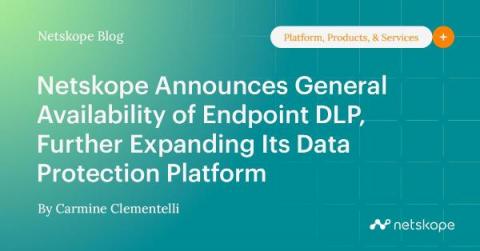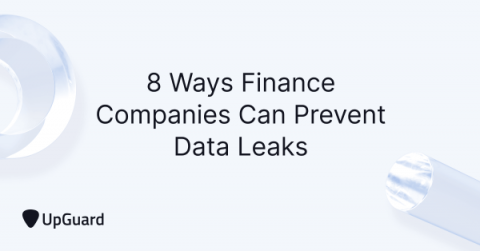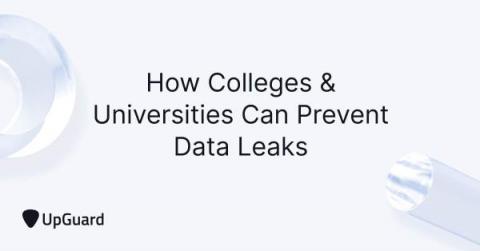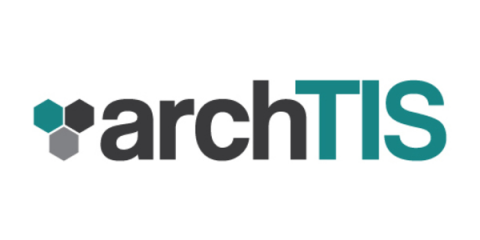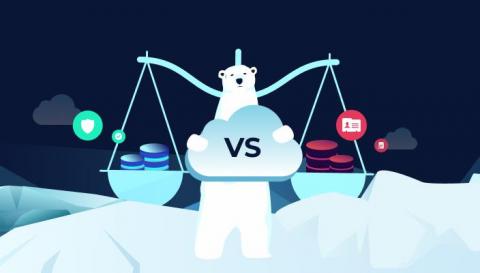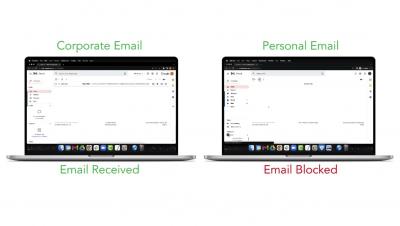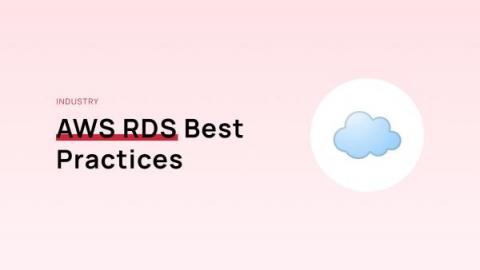Netskope Announces General Availability of Endpoint DLP, Further Expanding Its Data Protection Platform
Today we are proud to announce general availability of our patented cloud-based endpoint data loss prevention (DLP) solution. The release of endpoint DLP expands the already comprehensive Netskope DLP platform and represents a major milestone in data protection, as it enables customers to protect data anywhere, across their hybrid enterprise ecosystem and in the cloud. Let’s look at why this is so important.


